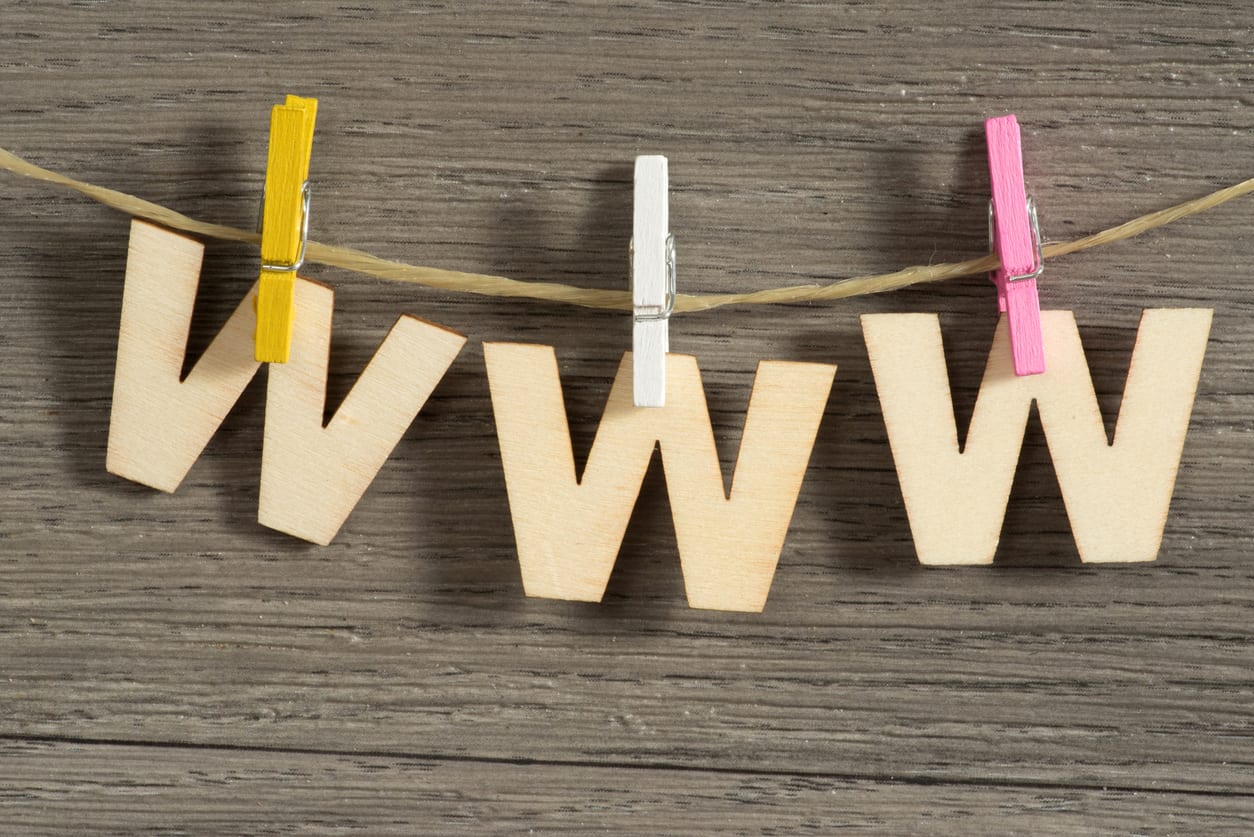By Princess Jones
Domain names are your calling card on the Internet. It’s where your fans and followers alike can find you. If you’re an entrepreneur, you probably have at least one or two domains in your arsenal. And between specialty marketing campaigns, product launches, or expansions, you may find yourself collecting more as you grow your brand.
Buying a domain is incredibly easy. You just pick out the name, fill out the registration information, and pay the fee. But domain management can get complicated if you don’t know what you’re doing. Here are domain name best practices to help.
Cover All Your Bases
When you buy a domain, it’s very tempting to pay for just the extension you want and call it a day. You may have the .com, so why do you need the .net or .biz? Well if someone else snaps up those other extensions, they can use them to mimic your site or create phishing scams. So if you expect to build a website with any kind of traffic, you should probably buy the other relevant extensions.
Also, never let a domain go that you have built any kind of traffic on. Some Internet marketers pick up your discarded domains and build affiliate farms or ad farms on them. They will use old elements of your design, like your logo and your web copy, to mimic your brand in hopes of tricking legitimate traffic into clicking links. As long as they aren’t using your copyrighted work, it’s completely legal. So if you care about a brand–even if you’re not going to do anything with it — consider keeping the domain.
Go Private
If you’re new to domain registration, it may not occur to you that the information you list during the process will be available to the public. But the truth is that anyone can look up the information on WHOIS. At best you’ll end up with a lot of unwanted SPAM and at worst you could end up with a significant loss of privacy.
The best solution is for you to choose private registration for your domain, which can add additional cost to your domain registration. Private registration uses a proxy for all contact requestions that stem from your WHOIS registration. They’ll pass on any inquiries to you manually but continue to keep your information private. (The exception is during a government investigation. Your registrar will turn over your information to the police.) And this way you avoid SPAM and use the contact information on your actual website to route proper inquires.
Streamline Your Renewals
Many small business owners lose their domains at the renewal date. They fail to make a payment by the due date and the domain gets cycled back into the availability to purchase. To avoid this, make sure your domain registrar has your correct contact information on file and is setup to send you notifications when your renewal is coming soon.
If you have a lot of domains to manage, consider doing bulk renewals instead of individuals. Basically, you renew all of your domains on the same date, regardless of their actual due date. (Please note that if you own a lot of domains, it can get costly to do it this way.) You can also perform multi year renewals for long term domains so you don’t have to deal with them each year.

